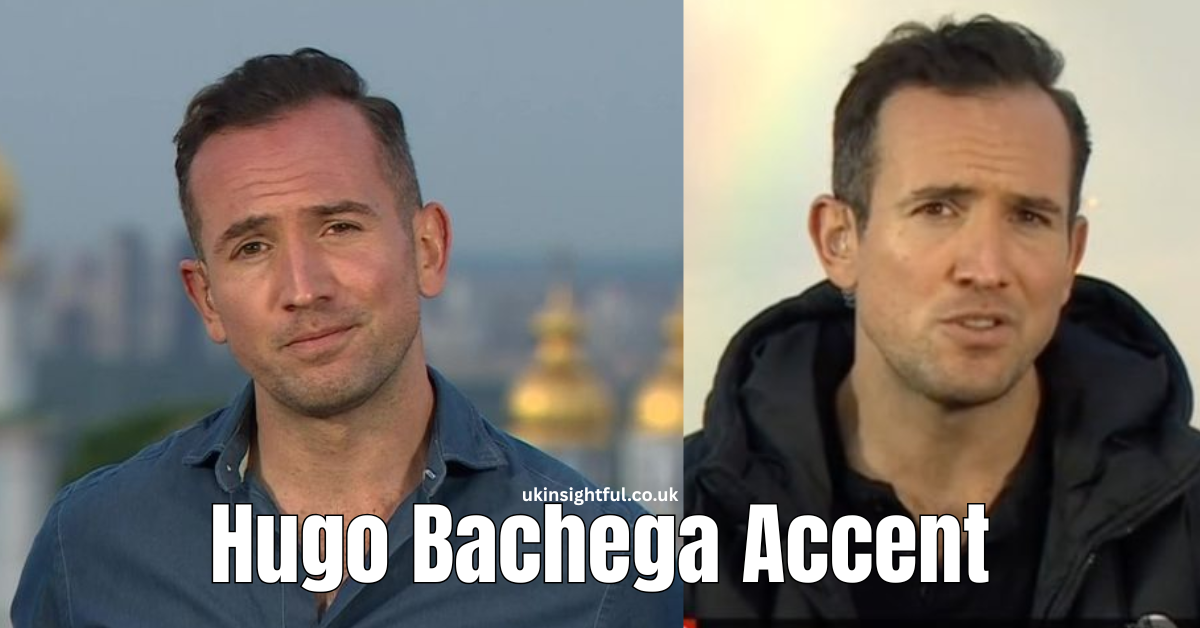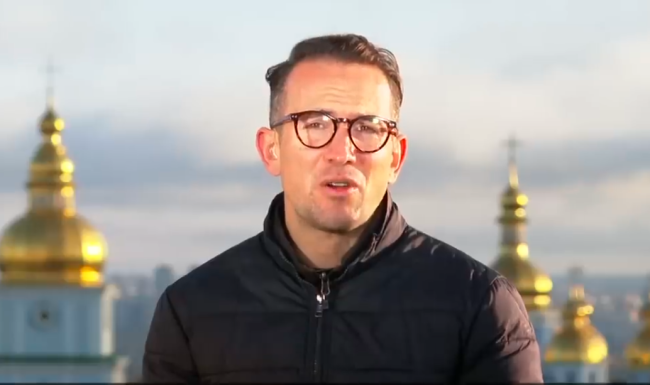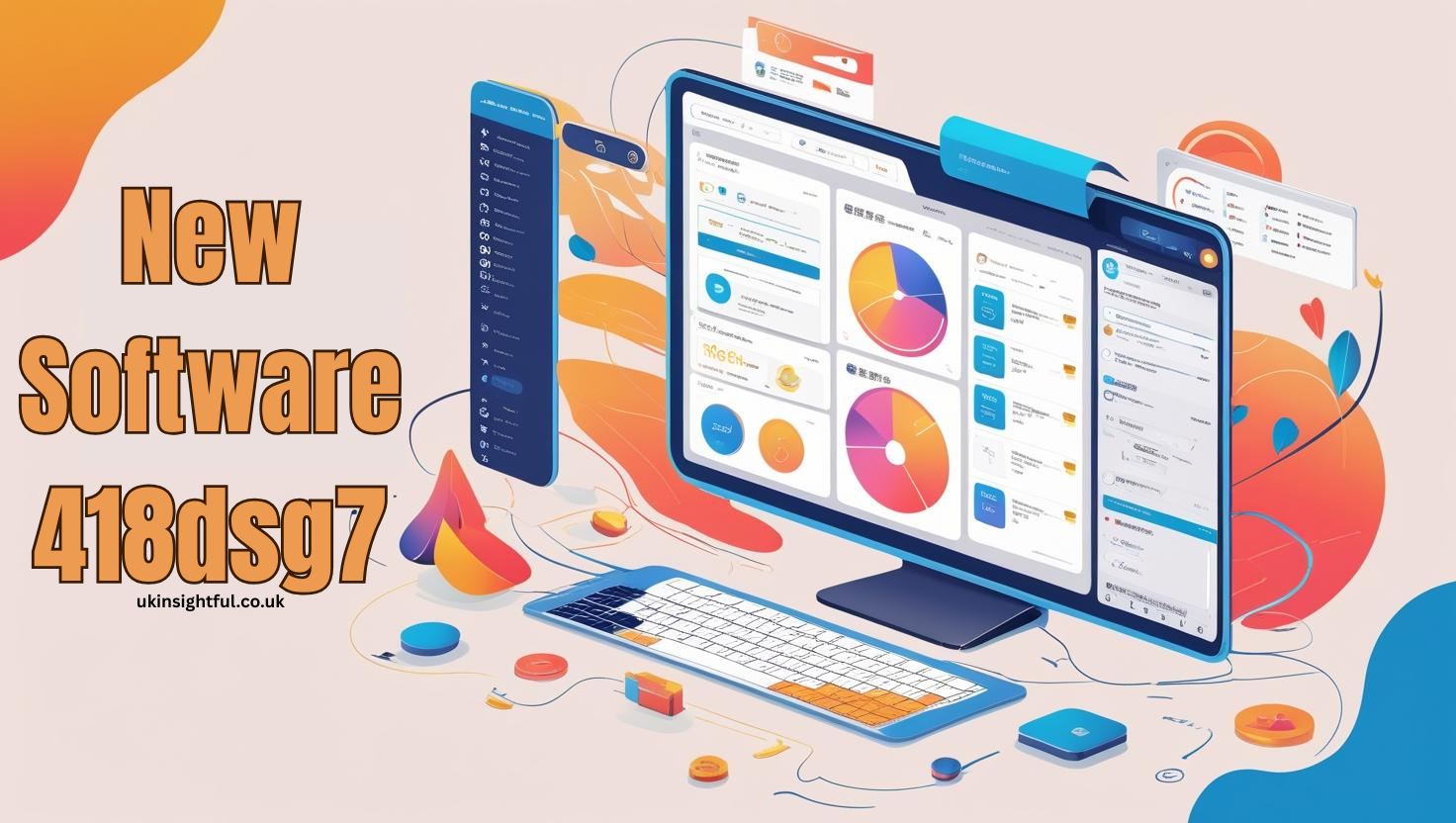
Discover everything about hugo bachega accent, shaped by his Brazilian roots and British media career. Learn how his multicultural background influences his speech and makes him stand out in journalism.
Introduction
Hugo Bachega Accent is a fascinating blend that reflects both his international lifestyle and his journalistic precision. His voice, often described as neutral but warm, resonates with global audiences and exemplifies how modern media professionals craft an identity through sound.
So, what kind of accent does Hugo Bachega have?
Hugo Bachega has a neutral international English accent with subtle Latin American undertones. As a Brazilian-born BBC journalist, his accent is polished for clarity but retains traces of his native Portuguese phonetics, giving his speech a unique tone that is both clear and personable.
Let’s explore the elements that make his accent stand out, how it serves his career, and what aspiring global communicators can learn from it.
Who Is Hugo Bachega?
Before diving into the technicalities of his accent, it helps to know who Hugo Bachega is. He is a seasoned journalist currently reporting for the BBC, with extensive experience covering high-stakes geopolitical events, especially in the Middle East and Eastern Europe.
Born in Brazil, Bachega’s global journey—from South America to London and beyond—has shaped not only his worldview but also his linguistic signature. His accent is more than just a way of speaking—it’s a reflection of a rich cultural tapestry.
The Origins of Hugo Bachega Accent
Brazilian Portuguese as the Foundation
Growing up in Brazil, Bachega’s first language was Portuguese. This has had a lasting effect on his vocal tonality and speech rhythm. Brazilian Portuguese features open vowels, a musical intonation, and fluid syllabic patterns—traits subtly present in his English pronunciation.
British English Influence
After moving to the UK and working with the BBC, Bachega adopted elements of British English, particularly Received Pronunciation (RP). This includes precise diction, non-rhoticity (dropping the “r” at the end of words), and a formal tone that aligns with the BBC’s standards for broadcast clarity.
Why Hugo Bachega Accent Matters in Journalism
An accent in journalism isn’t just about how someone sounds—it influences credibility, audience engagement, and global comprehension. Bachega’s accent bridges two major linguistic worlds, making his voice relatable across continents.
His clear pronunciation and measured pace make it easy for non-native English speakers to understand, enhancing accessibility in international news.
 Comparing Hugo Bachega Accent to Other Journalists
Comparing Hugo Bachega Accent to Other Journalists
Let’s compare Bachega’s accent with other well-known correspondents:
| Journalist | Native Language | Accent Type | Key Features |
|---|---|---|---|
| Hugo Bachega | Portuguese | Brazilian-British Hybrid | Clear, moderate, globally intelligible |
| Lyse Doucet | English | Canadian-Mid Atlantic | Softened vowels, international neutrality |
| Christiane Amanpour | English | British-Iranian Hybrid | Elegant, formal, slightly Persian undertones |
Compared to others, Bachega’s speech style combines warmth and clarity, enhancing the authenticity of his reporting.
Features That Define hugo bachega accent
1. Clear Enunciation
Even complex or sensitive topics are delivered in a way that’s easy to understand, thanks to his precise diction.
2. Neutral Tone
He avoids strong regional inflections, which is typical of global broadcasters, but his heritage gives him a subtle yet noticeable lilt.
3. Steady Tempo
Bachega rarely speaks too fast or too slowly. This balance helps international audiences stay engaged without struggling to keep up.
How Multilingualism Shapes Accent
Multilingual speakers often develop what’s called an “interlanguage” accent. Hugo Bachega likely exhibits this, with Portuguese influencing his English pronunciation. This doesn’t imply flawed English—instead, it reflects a phonetic system shaped by multiple linguistic inputs.
Such accents often result in better empathy and cross-cultural communication—vital traits for a global journalist.
How to Recognize a Brazilian-English Hybrid Accent
If you want to identify accents like Bachega’s, listen for:
-
Slight nasalization in vowels.
-
Clear vowel sounds (e.g., /i/ as in machine).
-
Less glottal stopping than native British speakers.
-
Smoother intonation patterns compared to native English accents.
Practical Tips to Develop a Globally Intelligible Accent Like Hugo Bachega’s
1. Master Enunciation
Practice reading aloud and focus on pronouncing each syllable clearly, particularly consonant endings.
2. Neutralize Regional Tones
Try reducing strong regional markers in your speech. Apps like ELSA Speak or shadowing BBC reporters can help.
3. Incorporate Intonation Training
Use pitch and stress to bring emotion and clarity, similar to how Bachega does in field reports.
4. Learn Phonetic Variations
Study IPA (International Phonetic Alphabet) symbols for both your native language and English to recognize accent influences.

Accent, Identity, and Storytelling
Accents can be powerful markers of identity. Hugo Bachega’s voice doesn’t just convey facts—it reflects a life lived across borders. His accent adds emotional nuance to his reporting, making global issues feel personal and immediate.
This dual linguistic identity adds authenticity and relatability, which are essential in today’s media landscape.
Why the World Needs Voices Like Hugo Bachega’s
In a time when trust in media is fragile and voices are scrutinized, correspondents like Bachega bridge cultural and linguistic divides. His speech reminds us that professionalism and personality can—and should—coexist in journalism.
Accents like his aren’t a barrier but a bridge—linking people from different parts of the world through clear, empathetic communication.
Conclusion
Hugo Bachega Accent is more than just a way of speaking—it’s a reflection of his multicultural journey. His ability to blend Brazilian warmth with British precision allows him to connect with a global audience in a deeply human way.
Whether you’re a linguistics enthusiast, a journalism student, or a curious viewer, understanding his accent offers insight into how language shapes global communication.
FAQs
What kind of accent does Hugo Bachega have?
Hugo Bachega has a hybrid accent influenced by Brazilian Portuguese and British English. It features clear enunciation and moderate pacing.
Does Hugo Bachega speak with a British accent?
Partially—he adopts many elements of British pronunciation, especially RP, due to his work at the BBC, but still retains Portuguese undertones.
Is Hugo Bachega fluent in English?
Yes, he is fluent in English and uses it professionally as a BBC correspondent. His speech is clear and internationally comprehensible.
How does his Brazilian background influence his speech?
His Portuguese foundation contributes to open vowels, smoother intonation, and a slight melodic tone in his English.
Why is his accent ideal for global news reporting?
His hybrid accent is neutral yet distinct, making it easy for audiences from various language backgrounds to understand and connect with him.
Read Also: Travellingaapples.com/ Family Travel, Wellness & Budget Tips






